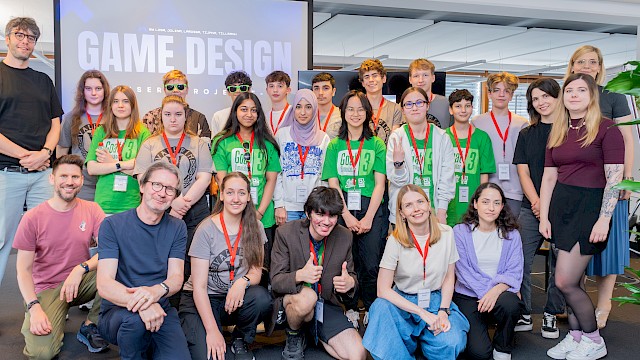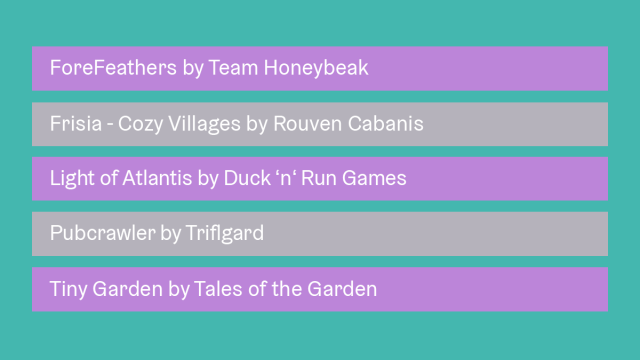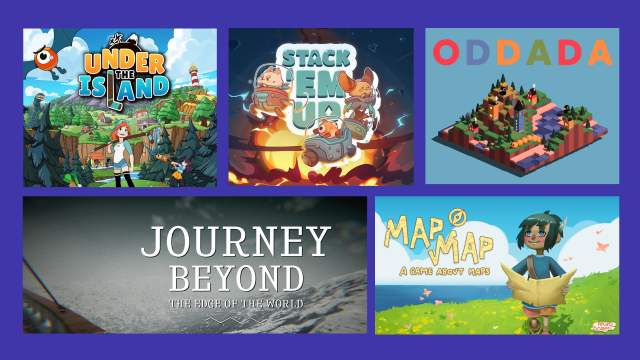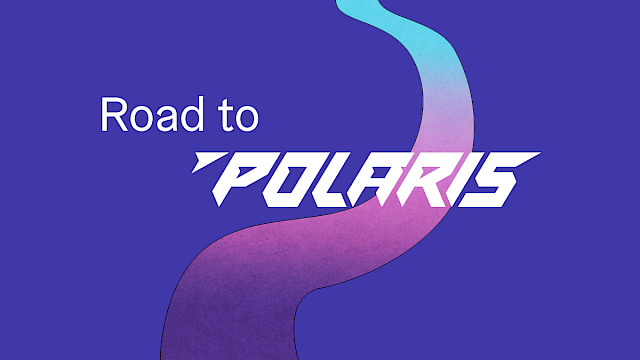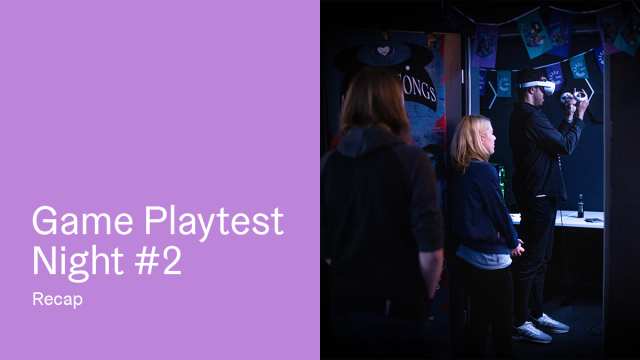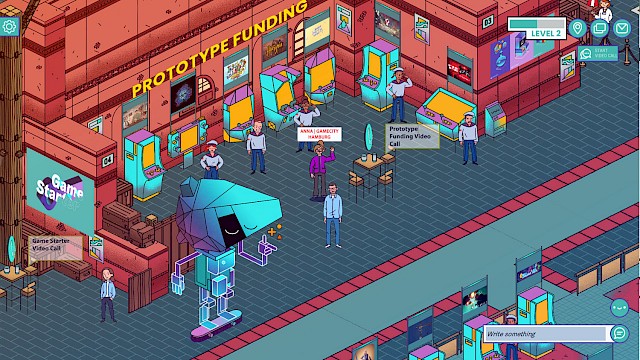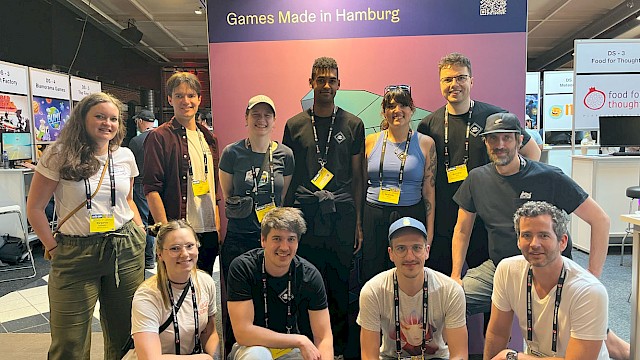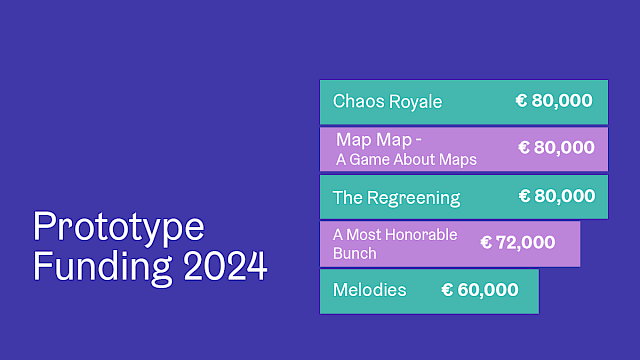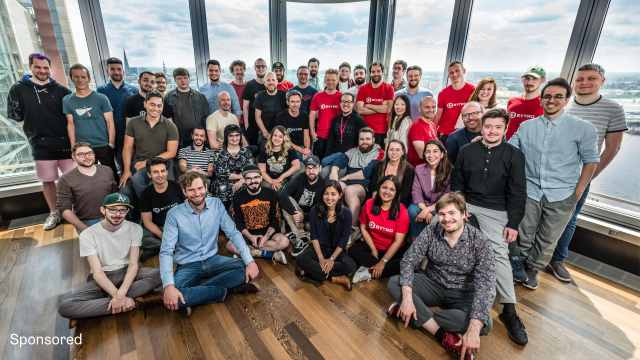June 20, 2022
Three Questions to: RetroBrain R&D - Working on the Intersection between Gaming and Eldercare
The Hamburg-based company RetroBrain R&D is exploring the fascinating cross-section of an easy-to-use game console for the elder generation that has not come into touch with video games so often yet, while also functioning as a medical device that increases their physical and mental fitness.
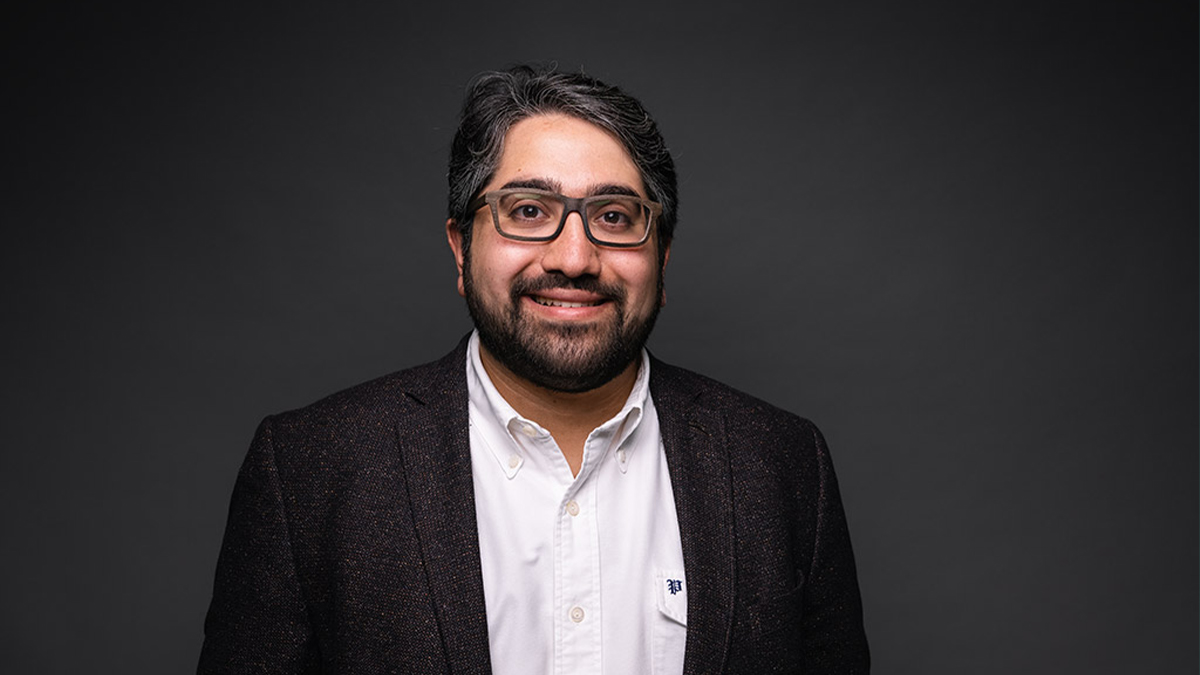
The topic has been in the talks in the industry for quite some time, and maybe you have even already spotted a Nintendo Wii in a care facility in the past. However, RetroBrain R&D is broaching the field with scientific backing and so we were interested to learn more about them and their project. We took the opportunity to ask Manouchehr Shamsrizi, Co-Founder and former CEO of RetroBrain R&D a few questions.
What is the memoreBox and what inspired the idea? Why did you choose Hamburg as your seat of operations?
On the one hand, the memoreBox is an easy-to-use gaming console for elderly people. On the other hand, it is a medical device aiming to increase physical and mental fitness as well as inclusion while playing. As such, it is “among the first videogames worldwide certified as a medical device” and one of the first digital solutions in nursing eligible for reimbursement by health insurances in Germany. We founded RetroBrain R&D, the social business behind the memoreBox, to change both, the practice of care (and notably of the availableness of prevention in care), but also the idea - or one might say: the “Menschenbild” - of our aging society: No matter how old or ill you are, thanks to video games, you can have fun, be active and autonomously, and make your own decision. Working at the interface of gaming, digital health, and social entrepreneurship we needed to find a region which can provide us with access to all three ecosystems - thus, Hamburg is the perfect city for us! We still have a strong bond to Berlin, though, as RetroBrain R&D is a spinoff of the gamelab.berlin, a research group of the Humboldt-Universität.
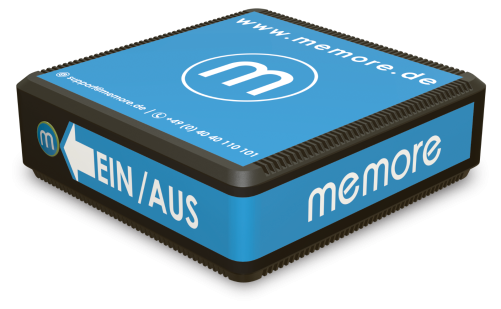
You recently conducted a study on the effects of the memoreBox, could you describe this study and its findings?
The effects of our memoreBox are studied regularly and very interdisciplinary, as the impact we strive for happens on various levels. This is both needed for advancing our games (and thus our impact), as well as required by regulations - after all, we are working with and on a medical device here, even if it is a lot of fun, as it should be! Indeed, very recently a group of scientists featuring, among others, psychologists Prof. Dr. Reinhard Beyer and Prof. Dr. rer. nat. Luzi Beyer, published the results of longstanding study in a peer-reviewed journal. They concluded that “the results of this study showed that the intervention had an impact on the cognitive abilities of seniors, provided that they regularly played the serious game of MemoreBox”, and that “[i]mplementing an easy-to-use serious game as an effective (prevention) tool and making it part of the standard care in nursing homes might contribute considerably to the weak health care system, in which there tends to be a lack of activating offers for senior citizens in partially inpatient care facilities”.
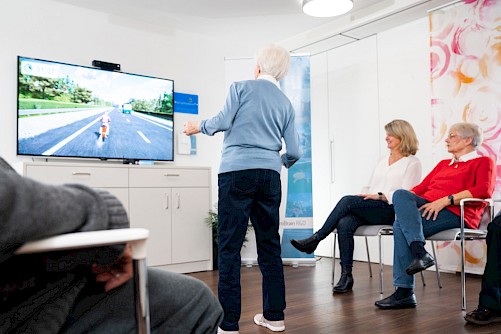
What is your company’s vision (or prediction) for the future of the memoreBox and the area of games for seniors overall?
At RetroBrain R&D we believe that video games will be among the most effective non-pharmaceutical interventions, and have huge therapeutic, preventive, and rehabilitative potentials. For the current version of our memoreBox, we recently formed strong partnerships, like with Schenker Technologies - renowned for its brand XMG - to cope with the rising demand which results from the recent positive decision on regular reimbursement (“Regelversorgung”) by leading statutory health insurance providers in Germany. Other partnerships will allow us to further expand our impact to the rest of Europe, which we started to work on in Austria, Switzerland, and Luxembourg. In general, “Health Games” are here to stay, not only for seniors - it does not have to be grueling, boring and dreadful to maintain or regain your health, quite the contrary: It is more sustainable, productive and ethically desirable when staying healthy is fun. Encouragingly, the potential of “Health Games” has been recognized by many important and influential stakeholders here in Germany, including the National Association of Statutory Health Insurance Funds - which a few months ago included gaming and gamification in its guidelines on health prevention - and the Association of German Chambers of Commerce and Industry, which just recently called on our Federal Government to broach the issue of “Health Games”. Both the gamescom last year and the upcoming Capital Congress Medicine and Health, each a leading event of their industry, gave / give special attention to this debate - anyone who is interested is invited to join us there this week.
This, by the way, is also a huge chance for Hamburg and our many indie game studios: I am convinced that we are in a “pole position” for this trend, thanks to our strong gaming-community, our research institutions, and the funding programmes offered by the City of Hamburg, like InnoRampUp. We should make use of these resources, as there are many more games to develop and much more impact to bring about! Let me finish with an invitation: Please reach out to us, if you work on “Health Games” or want to start working on such games - we are very happy to share our experiences, just as we have been supported by fellow (social) entrepreneurs when we started in 2014 :-)
--
Want to know more about the "memoreBox"? Check out the company's website: https://www.retrobrain.de/
